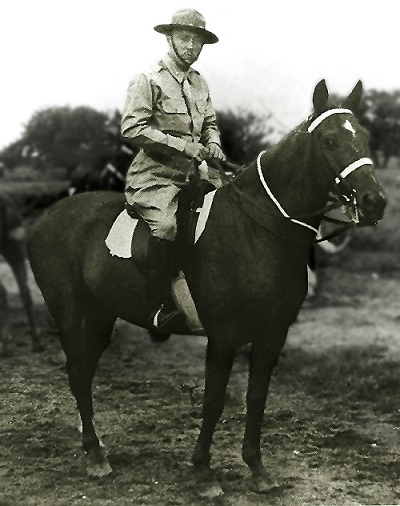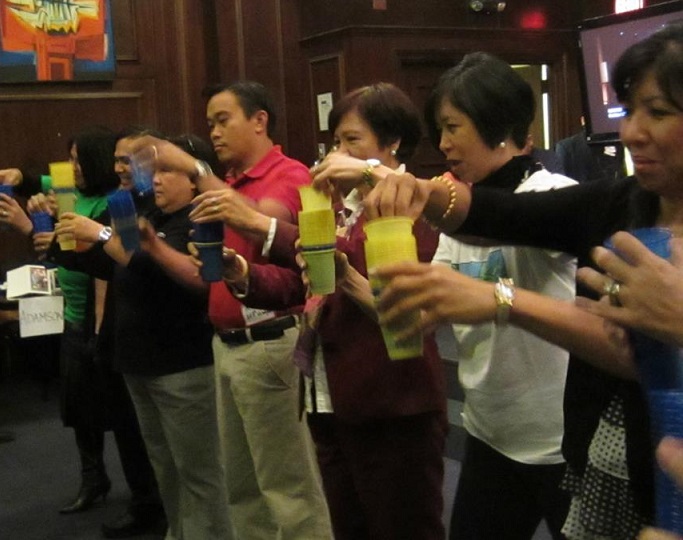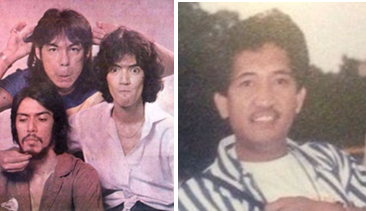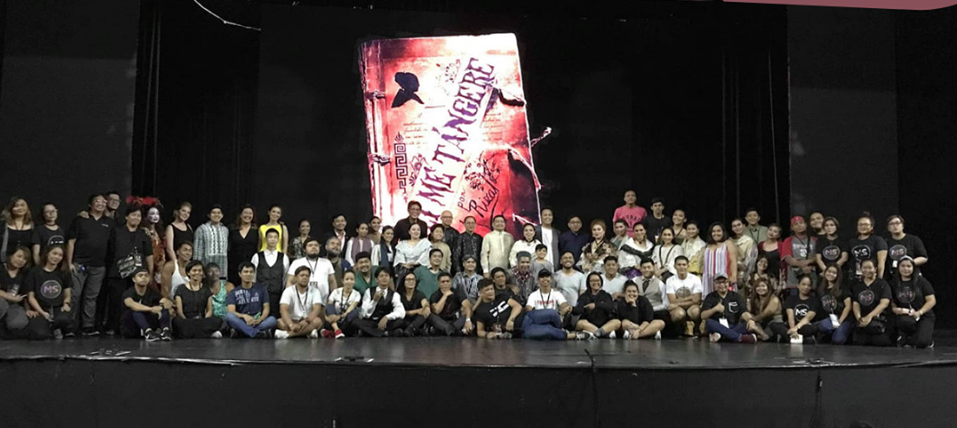Jesuit survivor of 1945 Los Banos Rescue, 92
By Nestor Palugod Enriquez
Fr. John Ruane, S.J., one of the internees at Los Banos rescued by the U.S. Airborne from the Japanese, passed away on May 5 at the age of 92. He was Professor Emeritus at Saint Peter’s College in Jersey City for 38 years.
The Filipino American National Historical Society-New Jersey and the Philippine Consulate have had occasion to work with Ruane on several historical projects. He would join the annual reunion of surviving veterans and internees of the Los Banos Rescue at Forlini’s restaurant in Manhattan, whose owner is Frank Forlini, a member of the 11th Airborne Division. Ruane had high praise for the American soldiers of the 11th Airborne Division and the Filipino guerrillas who rescued the 2,147 internees on Feb. 23, 1945.
About his survival and being one of the two Jesuit survivors today, Ruane simply said, “God was protecting us.”
Just last year, Rev. Alexander Santora wrote for the Jersey Journal: “Fr. Ruane, a Jesuit, possesses a mild-mannered and serene temperament. And that quality may have saved the Jersey City native’s life when he was interned in the now-famous Los Banos civilian internment camp at Lipa on the island of Luzon in the Philippines during World War II.
Ruane entered the Society of Jesus after his St. Peter’s Prep graduation in 1937. After his novitiate years and some studies, he volunteered and was accepted to study philosophy, the standard course of study for Jesuit seminarians in the Philippines.
The New York province of Jesuits sent many missionaries to the Philippines to recruit members for their order, and Ruane said, “Going to the missions appealed to me.”
He arrived at the Ateneo de Manila, the most famous Jesuit college, in July 1941. The following year, all priests and seminarians were placed under house arrest by the Japanese military, according to the National Jesuits News. He had to complete a form and wear an armband whenever he left the college grounds. The Japanese soldiers patrolled the area, and he tried to avoid them on the street.
As the war intensified, the Jesuits were moved in July 1945 to the Los Banos camp. They could take few belongings and the 80 Jesuits were assigned to live in quonset huts with 16 internees in each.
They would be given “lugao,” a form of porridge with a mixture of rice and very little meat with water.
“One pig would last for 1,000 servings,” he told the NJN. “We were weak.” He said that they did not move around too much to preserve their strength, and people would black out often.
The priests would take turns saying mass with the wine they had smuggled into the camp. There were books that they would share reading. Some of the Jesuits were professors who would lecture the internees. Jesuit Father James Reuter, now 95 and the only other Jesuit survivor, would write songs mimicking the Japanese, said Ruane. Reuter still lives in the Philippines.
What was most difficult for Ruane was the separation from his large Jersey City family since he could not send or receive mail. His father, Thomas, died during his internment.
The internees believed that the Japanese were getting ready to kill them. But Ruane said they never gave up. They knew the American troops were close since their airplane engines were stronger than the Japanese, which he called “tinny.”
The U.S. parachuted from nine airplanes, killed all the Japanese and loaded the internees on 59 amphibious tractors.
Ruane eventually returned to the States to be ordained in 1949, earned a doctorate in philosophy at Louvain, Belgium, and then returned to Cebu in the Philippines to teach Jesuit seminarians until 1969. He joined the St. Peter’s College faculty in 1971 until he retired in 2009.
NJ.com is reporting that his funeral mass will be held at St. Aedan’s on May 9th at 10:30 a.m. McLaughlin Funeral Home, 625 Pavonia Avenue. The number is 201-798-8700.
Nestor Palugod Enriquez is president of the Filipino American National Historical Society-New Jersey.












Thank you very much Mr. Nestor Palugod Enriquez for enlightening us about the wonderful life and life of Rev. John Ruane.